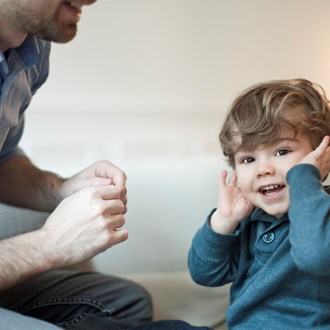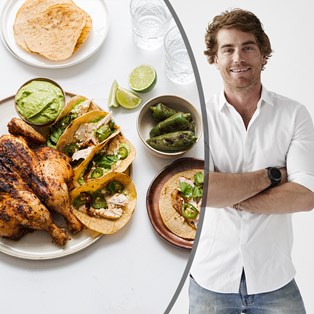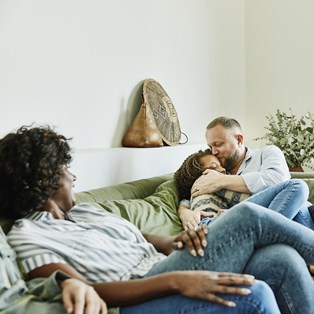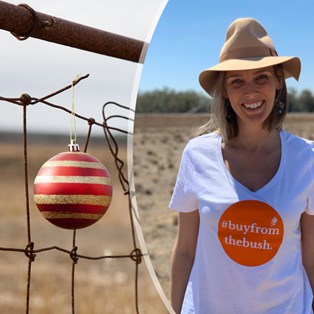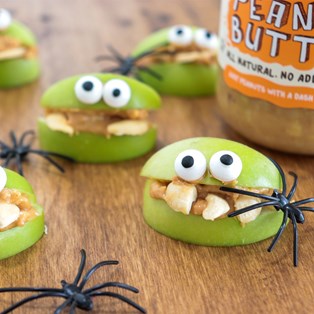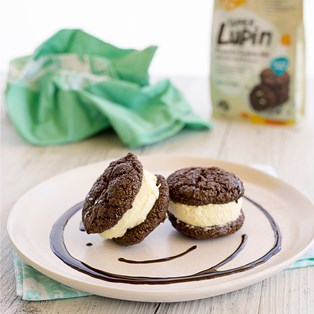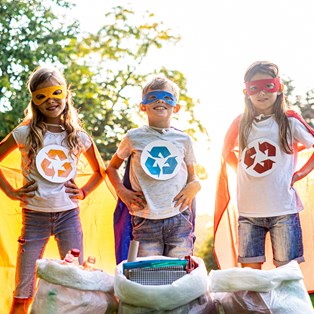How does accidental paracetamol overdose occur in small children?
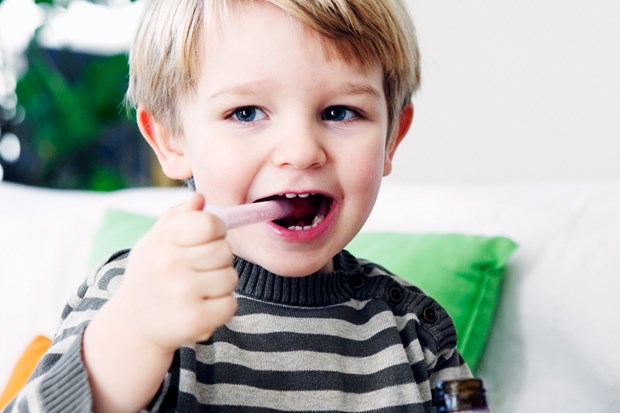
Liz Crowe from Family HQ explains everything you need to know about paracetamol use in your home.
By Liz Crowe
Co-Founder/Director Family HQ / November 03 2020
Paracetamol is a medicine that is commonly used to treat fever and pain and has been around for approximately 50 years. It would be uncommon not to find a bottle or packet of this medication in most Australian households.
Paracetamol is sold under a variety of brand names, which can at times be confusing.
For children’s paracetamol, the most common brands are Panadol and Dymadon. Most pharmacies now also stock their own brand of children’s paracetamol. Paracetamol liquid is also available in 4 different strengths, so it’s easy to see why this could be confusing and possibly lead to someone giving more paracetamol than the safe recommended level by grabbing the wrong bottle.
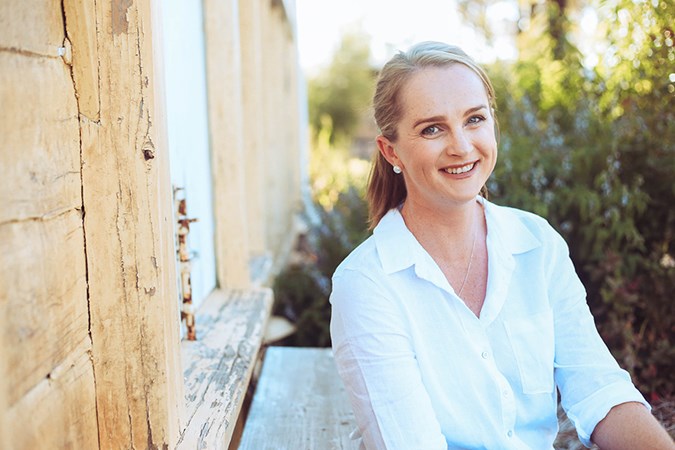
Family HQ was founded by Liz Crowe (Pictured) and Dr. Sarah Gleeson, two sisters with a shared passion for family health.(Image: Supplied)
Why would my child need paracetamol?
Fever and pain are the most common reasons why parents administer medications such as paracetamol. Babies can be given paracetamol once they are more than 1 month old, and it can be administered every 4-6hrs up to a maximum of 4 times in a 24hr period. Just remember that if your baby is under 3 months of age and has a fever, they need to be seen by a doctor, as having a fever at this age is not normal.
How does accidental overdose occur?
With so many different preparations on the market, especially for children’s paracetamol, it is so important that you understand which medication or brand you are purchasing. The team at Family HQ recommend sticking to 1 brand and 1 strength (in that same brand) in your household if possible.
Below are just 3 of many ways that accidental paracetamol overdose may occur in your home.
-
If parents have multiple formulations in their medicine cupboard, it can be really easy to grab the wrong bottle, draw up the amount you think it should be and administer to your child. This could mean that they are given too much, but also could mean they don’t get enough, which is what we call a sub-therapeutic dose. If this happens, the fever might return or their pain returns much faster than we (and your child) would like.
-
Another easy way that accidental overdose occurs in the home setting is during the night; for example, mum wakes up and administers paracetamol for a fever in the middle of the night (dad might sleep through this). A couple of hours later, the child wakes again with another fever, this time dad gets up to the child and grabs the bottle of paracetamol and gives another dose, not knowing that mum had already administered only 2hrs earlier.
-
Lastly, how many times have we given our kids a dose of medication and thought, I’ll remember this and a few hours later you completely forget what time you gave it?
Your child is miserable and spikes a fever or they are in pain again - you don’t want them to feel like this, so you grab the bottle and give another dose.
Now a one-off accidental overdose is something our kid’s bodies can handle, BUT if this is happening regularly over a 3-4 day period then it can cause significant harm, and in some cases - liver failure.
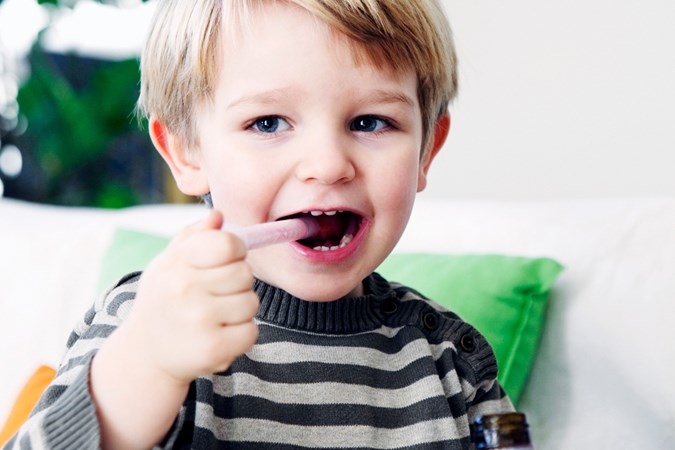
The team at Family HQ recommend sticking to 1 brand and 1 strength of children's paracetamol in your household (Image: Getty)
What are some of the signs I might have given too much paracetamol?
Young children that are yet to talk are at a higher risk of accidentally being given too much medication. Primary school-aged children and older kids might be able to tell you that their other parent had already administered paracetamol in the last few hours. But when they are unwell, they are not going to be concentrating on this, nor is it their job to tell us as their parents about medication times or dosages for that day.
Most infants that present with paracetamol overdose have little or no symptoms, or may present with mild gastrointestinal symptoms such as nausea, vomiting and abdominal pain. It can be hard to figure out if your child is suffering from these symptoms because they have had too much paracetamol, or if it is from their current illness.
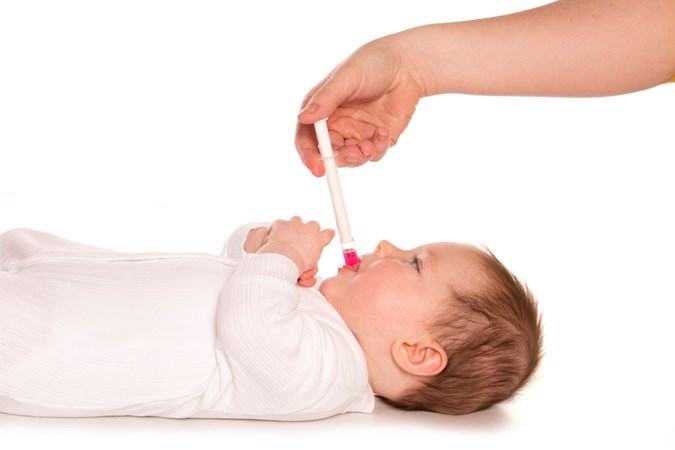
Young children that are yet to talk are at a higher risk of accidentally being given too much medication (Image: Getty)
What should I do if I have accidentally given too much?
If you have accidentally given too much paracetamol, try not to panic as it happens more than you realise. It is really important to call the team at the Poisons Information Centre on 131126 they will provide expert advice on what to do next. They may tell you to wait a certain number of hours until you can give another dose, or advise you to present to your local Emergency Department for assessment.
You need to develop a system that works for your family to record medication times and dosage amounts. An easy way to track and record what medications you or your partner have given your child is to use the Family HQ app. It allows both parents/carers to use the app simultaneously on their own phones. The app will immediately inform you when it will be safe to give another dose of either paracetamol or ibuprofen. If you have accidentally given too much medicine (based on your child’s individual weight) the app will alert you and advise you to call the Poisons Information Centre for further advice.




